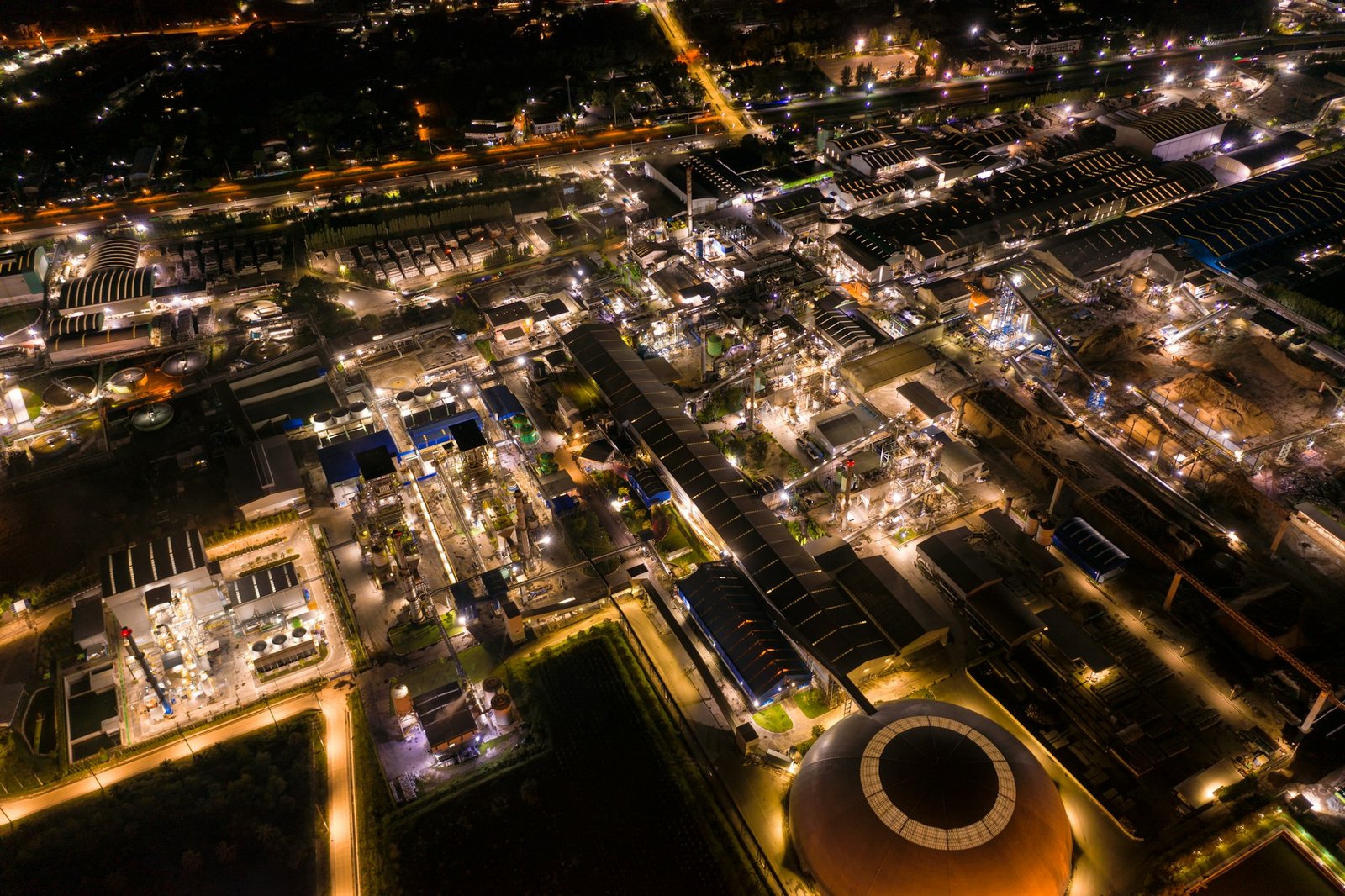Introduction
The world of specialty chemicals is experiencing a seismic shift, revolutionizing industries across the globe. From pharmaceuticals to agriculture, from electronics to automotive, the impact of specialty chemicals cannot be overstated. In this article, we delve into the profound influence of specialty chemicals on various sectors, exploring their significance, applications, and future trends.
The Rise of Specialty Chemicals
Specialty chemicals, also known as performance chemicals, are distinct chemical formulations developed to meet specific industrial or commercial needs. Unlike commodity chemicals, which are produced in large volumes and serve general purposes, specialty chemicals are tailored for precise applications, offering unique properties and functionalities.
The global specialty chemicals market has witnessed exponential growth in recent years, driven by increasing demand from key end-use industries such as healthcare, construction, and consumer goods. According to industry reports, the specialty chemicals market is projected to surpass USD 900 billion by 2025, fueled by rapid technological advancements and evolving consumer preferences.
Applications Across Industries
- Pharmaceuticals: Specialty chemicals play a pivotal role in pharmaceutical manufacturing, contributing to drug formulation, synthesis, and purification processes. They enable the development of novel drug delivery systems, enhance therapeutic efficacy, and ensure compliance with stringent regulatory standards.
- Agriculture: In agriculture, specialty chemicals, including fertilizers, pesticides, and crop protection agents, are indispensable for enhancing crop yields, improving soil health, and combating pests and diseases. Innovative formulations and biotechnological advancements have revolutionized agricultural practices, promoting sustainable farming and food security.
- Electronics: The electronics industry relies heavily on specialty chemicals for the production of semiconductors, printed circuit boards (PCBs), and electronic components. Advanced materials such as conductive polymers, photoresists, and dielectric coatings enable miniaturization, high-performance computing, and the development of next-generation electronic devices.
- Automotive: Specialty chemicals are integral to automotive manufacturing, facilitating lightweighting, corrosion protection, and aesthetic enhancements. Adhesives, sealants, and coatings improve vehicle durability, fuel efficiency, and safety, while advanced polymers and composites enable design flexibility and cost-effective production.
Future Trends and Innovations
The future of specialty chemicals is characterized by innovation, sustainability, and digitalization. Key trends shaping the industry include:
- Green Chemistry: Growing emphasis on environmental sustainability is driving the adoption of green chemistry principles, promoting eco-friendly processes, renewable feedstocks, and biodegradable products.
- Digital Transformation: Industry 4.0 technologies, such as artificial intelligence, IoT, and data analytics, are revolutionizing chemical manufacturing, optimizing processes, and enhancing product quality and efficiency.
- Biotechnology: Biologically derived specialty chemicals, including enzymes, bio-based polymers, and microbial agents, are gaining traction due to their eco-friendly nature and superior performance characteristics.
FAQs
1. What are specialty chemicals?
Specialty chemicals are unique chemical formulations developed for specific industrial or commercial applications, offering tailored properties and functionalities.
2. What industries rely on specialty chemicals?
Specialty chemicals find applications across various industries, including pharmaceuticals, agriculture, electronics, and automotive.
3. How is sustainability influencing the specialty chemicals industry?
Sustainability is driving the adoption of green chemistry principles and biotechnological innovations, promoting eco-friendly practices and renewable feedstocks.
4. What role does digital transformation play in the specialty chemicals sector?
Digital transformation, facilitated by Industry 4.0 technologies, enhances manufacturing processes, optimizes product development, and improves efficiency and quality.
5. What are the future trends in the specialty chemicals market?
Future trends include the adoption of green chemistry, digital transformation, and the emergence of biotechnology-driven solutions, shaping the industry’s trajectory towards sustainability and innovation.





